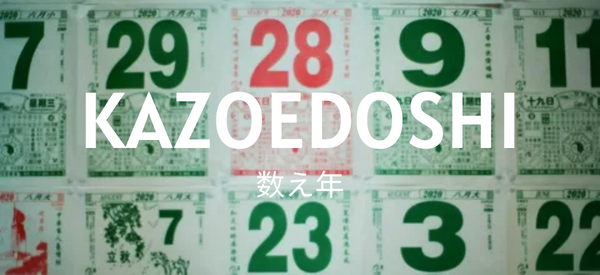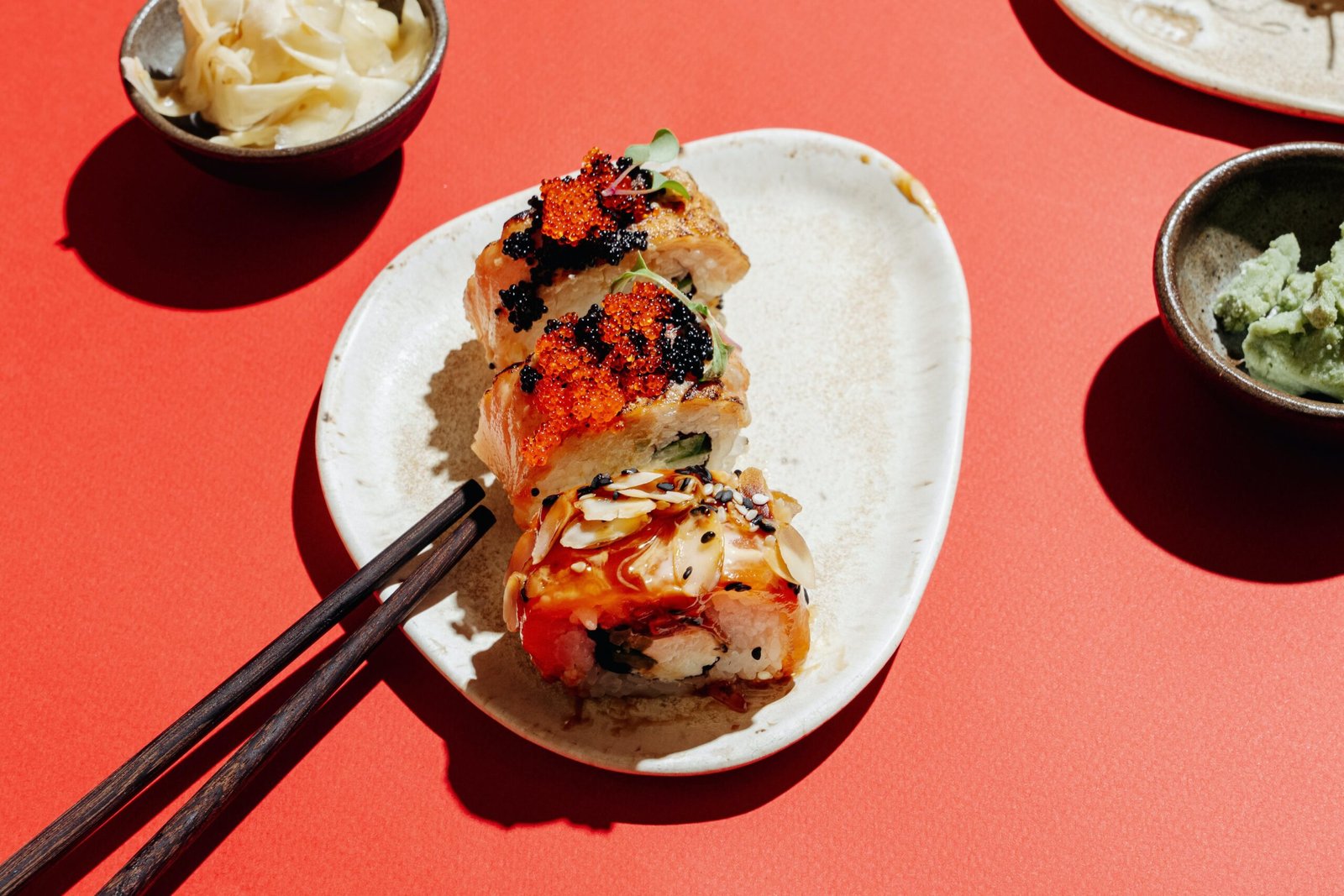Japan is a fascinating country with rich and varied culture. The people of Japan share many similarities but also have many differences, some quite subtle. This article will explore 15 things you might not have known about Japanese culture, from their unique food to their bizarre beauty rituals. You’ll be surprised at how much more there is to learn!
There are many things that are well known about Japanese culture. The Japanese are very polite and place a lot of importance on etiquette. They always take off their shoes when they enter someone’s home, for example, to convey respect by showing the residents that they’re entering as equals. The act of bowing is another way to show politeness and humility. If you want to make sure your actions don’t offend anyone in Japan or cause some misunderstanding, remember one simple rule: bow first!
Now let’s take a look at some unique aspects of the Japanese culture that many people all over the world may not know.
Baseball Is the Most Popular Team Sports in Japan
Yes, you read that right; baseball may be the last thing you think about when you talk about Japan or the Japanese people, but it is one of the most popular sports in Japan. The Japanese were first introduced to baseball back in 1872. Baseball may be one of the United States’ favorite pastimes, but it turns out Japan feels the same way about it as a national sport! In fact, baseball may even be more popular in Japan than in the U.S. In Japan, baseball games are televised frequently, and the stadiums are often sold out.
Eating Alone In a Restaurant Is Very Common in Japan
You may find eating alone at a restaurant a bit awkward. However, that is not the case in Japan. In Japan majority of people eat alone, and they do so with confidence. This is because many young workers are away from home for a long time, working late hours in an effort to climb the corporate ladder and take over their parents’ business one day. An average worker will often not get back to their apartment until late at night, so this leaves very little time for socializing outside work. The world can learn a thing or two from this; if you want to try a restaurant, then try it. Treat yourself; don’t live your life thinking about what other people say if you eat alone at the restaurant.
Traditionally Geishas Used To Be Men
Geishas are a traditional part of Japanese culture, and they used to be men. They were originally called taikomochi. It wasn’t until the 18th century that it was decided that Geisha should only refer to women as this allowed for more sensual entertainment! This can come as a shock to many people who have always known Geisha to be women. Today it would look odd to see a man as a Geisha; however, that is how it started.
Kazoedoshi: Age Calculation Method in Japan
If you are conscious about your age, then this fact might make you sad. In Japan, you are older than you actually are. Yes, that is right, you are considered one year old when you are born. In many cultures, age is calculated by the passing of years, but in Japan, there are also other factors that go into it. For example, the Japanese count a new year starting from January first, so if your birthday falls on December 31st, you will be considered one year older than someone born only a few hours earlier! Fascinating, isn’t it.
Putting Chopsticks in Your Food Should Be Avoided
Chopsticks are an integral part of Japanese culture and a tool that is often used to eat. It is considered very rude to use chopsticks to move your food around while eating or put them into the bowl – this will make people think you are trying to call bad luck down on the meal! Putting the chopsticks in the bowl when you are not eating resembles a ritual the Japanese do at a funeral. This is why it is frowned upon to put your chopsticks in the bowl. So if you are planning to visit Japan, try to learn how to use chopsticks. Even though most modern Japanese restaurants can provide you with spoons and folk, some traditional ones might offer chopsticks with your food. It’s better to be prepared, so you don’t do something considered rude in the country.
It Rude To Be Noisy In the Train
If you are someone who likes to talk a lot and laugh out loud every time you hear something slightly funny, then trains aren’t for you. Well, you can travel by train everywhere in the world, but it’s better to steer clear when you are in Japan. Japanese people are generally quiet and reserved, but that doesn’t mean they don’t like to have fun! Japanese trains can be very crowded at times which can cause a lot of noise, but luckily the people in Japan don’t prefer to talk when they are on a train. It’s considered rude to speak loudly on the train, so if you are ever on a train in Japan, try not to disturb other passengers with your laughter or loud chatter.
There Is A Special Way to Hand over a Business Card
The Japanese people have a particular way of doing everything. They are all about manners, ethics, and etiquette. Even a tiny thing like handing over a business card has a unique way. And this goes both ways; the giver and the receiver should know the ethics of handing over and receiving the business card, respectively.
When introduced to someone in a business setting, it’s important that you give and receive the cards correctly. When offering your card, make sure the writing is facing them so they can read it without turning their body or head – this shows respect for them. Also, when receiving a card from somebody else, don’t just let go once you’ve grabbed hold of it! Instead, pass on with two hands which will convey politeness as well as gratitude.
Gambling Is Banned In Japan
Japan is a very modern country, so it might come as a surprise to many but gambling, for the most part, is banned in Japan. This is due to its association with organized crime. Most forms of gambling are illegal in the country, including casino games such as roulette or poker. However, there are a few exceptions. Particular sports gambling and betting on horse racing are allowed. People caught gambling may have to pay heavy fines or may even have to spend time in prison. The Yakuza is known for running a large number of underground casinos.
Tipping Is Not a Custom in the Japanese Restaurant Industry
Although tipping is quite common in most other countries around the world, it’s not standard practice in Japan because service staff receives an adequate salary for their work from restaurant owners. In addition, overtime fees and paychecks for extra time worked are also provided, so this ensures that employees don’t need tips to feel rewarded. However, that does not mean that you shouldn’t tip. If you think that the service has been exceptional, then, by all means, please do.
Numbers 4 and 9 Are Considered Unlucky In Japan
You may have heard about the unlucky number 13. Well, Japan has more than just one unlucky number. Numbers 4 and 9 are considered unlucky in Japan. Number 9 is deemed unlucky because the word for number 9 in Japan is the same as that of pain or torture. Number 4 is considered the most unlucky number in Japan. This is why you might not even see a number 4 floor in many of the Japanese buildings. It is said to bring bad luck and misfortune to people. Number 13 is also considered unlucky however it is not part of the traditional Japanese culture; it is primarily due to the western influence in modern Japan.
Hadaka Matsuri: The Naked Festival in Japan
Japan has an annual naked festival called Hadaka Matsuri. It is celebrated on the 3rd Saturday in the month of February. Thousands of people attend the festival every year. Both men and women attend and participate in the festival. The attendees either wear very little clothes or no clothes at all. The festival is held to celebrate the blessings of prosperity and fertility. It is an enjoyable and entertaining way to thank you for your blessings. Foreign tourists who attend this festival remember this experience for the rest of their lives. If you are visiting Japan and you want to participate in the festival, please remember that this is a way for the locals to thank for their blessings, so don’t do anything disrespectful to them.
Hanko: Traditional Japanese Seals Are Still Very Common
Hanko is a name for seal used instead of a signature in Japan. They have been in use for thousands of years. If you have ever been to Japan, you might see that people usually don’t use their signatures; they use a personalized seal. Everyone has their own seal in Japan. In the past few decades, people have also started using the modern style of signatures; however, in some parts of the country, people still use “Hanko,” a traditional Japanese seal, to carry business transactions and other activities.
Ninja Proof Flooring
There is a lot of myth surrounding the existence of ninjas. But ninjas were real, and they were an actual threat to many people in ancient Japan. Ancient Japan had a lot of clans who used to go to war with each other, and if the other clan was comprised of ninjas, then you had to take certain steps to make your house as secure as possible. For example, the traditional Japanese used to build squeak floors (on purpose) in their houses. You can find such floors in old traditional Japanese houses to this day. Such squeaky floors were made as a protection mechanism from Ninjas. Ninjas were known to be very quiet in their attacks, so people used to get highly squeaky floors so that no ninja attacker could ever come into their house without them knowing. The sounds alerted the residents of the house before the ninjas could make their move.
The Average Train Delay in Japanese Is Only 18 Seconds
Who doesn’t hate delays? Whether the bus isn’t on time or your flight is delayed, all it does is make you feel more stressed. Well, the Japanese people don’t have this problem because they are very punctual people. The trains in Japanese may be crowded, but they are always on time. The trains are so punctual that the average delay for train arrivals in Japan is only 18 seconds. So if you have to be somewhere, you can rest assure that the train would get you there on time. Another reason for punctuality is the tough competition between different railway companies.
Tattoos Aren’t Cool In Japan.
The Japanese are very conservative in their views. Tattoos have always been considered a symbol of being an outsider or criminal there, and it is not common to see people with tattoos in Japan, despite the fact that irezumi- traditional Japanese tattooing has existed for ages. The tattoos are mostly linked to Yakuza, whose member usually cover their entire bodies with tattoos. However, this does not mean that people don’t get tattoos in Japan. People who like tattoos still get it, and you can find professional tattoo artists there as well, especially in the big cities.
Conclusion
The Japanese culture is filled with a great number of interesting facts and practices. Most people are unaware of these customs as they have been present in Japan for centuries now, but it’s always fun to learn more about different cultures from around the world. So the next time you go on vacation to Japan, remember some of these things so that you can get a better understanding of how their culture works.







Mark Kaur
aimeric boil
chiya pecharroman
Thank you for your sharing. I am worried that I lack creative ideas. It is your article that makes me full of hope. Thank you. But, I have a question, can you help me?
westan rebelo